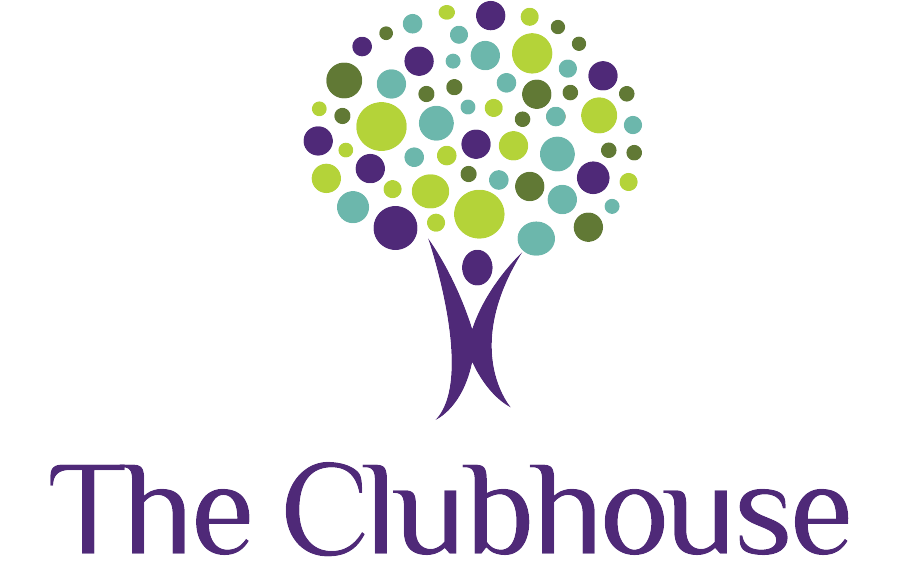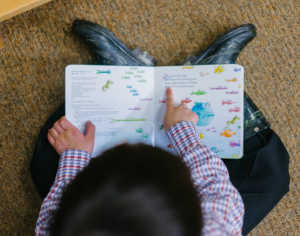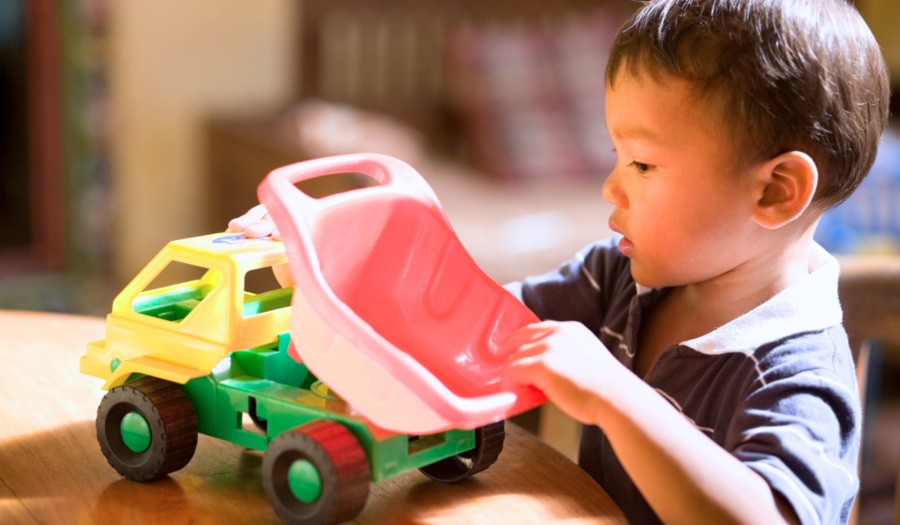Toys To Promote Speech and Language Development
Believe it or not, it’s that time of year already! The holidays are right around the corner. Do you need some ideas of toys and games to promote learning while also keeping your child engaged? Check out some suggestions below. Keep in mind, the best way to promote language and learning is playing WITH your child while using suggested tips.
For some simple suggestions, see attached link: https://www.asha.org/public/speech/development/activities-to-Encourage-speech-and-Language-Development/
Toy cars, trucks or trains:
Toddlers and young children always seem to enjoy things that go! Vehicles also provide great opportunities to help your child develop language skills. Try to stick to vehicles that don’t make noise. Get down to your child’s level and PLAY! Make noises (e.g., choo choo, beep beep, vroom, uh oh, boom crash) and see if your child will imitate you. Drive the car “up up up” and then count “1, 2, 3” and pause to see if your child will say “go”! If they do not, wait expectantly for 5-10 seconds and then model the word “go” before letting the vehicle go. Give your child choices using simple language. “Do you want the blue car or red car?” Wait for their response (either verbally or nonverbally) and then add on to it. For example, if they point to the car they want, label it for them. If they say “blue”, add on “blue car”.
Baby dolls:
Baby dolls are great for promoting pretend play skills and teaching social language. You can discuss with your child how the baby is feeling using a variety of emotion words and then work with them on coming up with a solution if the baby is “sad” or “mad”. You can role play a variety of situations and model related vocabulary (e.g., “Pee-yoo! That baby is stinky! Let’s change his diaper”).
Animal Farm Set:
Teach your children animal noises using a fun playset! Animal sounds are some of the earliest sounds to develop, as they are simple to produce. The key to teaching animal sounds is “repeat, repeat, repeat”! You could also work with your child on following directions and understanding spatial concepts, by having them place the animals in various locations. Try to provide as little assistance as possible but enough to allow for success.
Kitchen Set:
A kitchen set is a great activity to promote speech and language skills. Allow the child to role-play being an adult. Practice following directions and introduce new vocabulary words such as “mix”, “cook”, “bake” and “cut”. If they don’t understand a word, make sure to “show” them by helping them produce the action.
Interactive Books:
Many kids love books, but if yours doesn’t seem to have the patience for reading quite yet, don’t fear! Try to choose books that are interactive. These can be books with flaps, “Poke a Dot” books or books with Velcro or magnetic pieces. You can even create your own interactive book by snapping pictures of objects in the book, printing them out and then placing Velcro onto the picture in the book and the printed picture. Challenge your child to match the pictures. Feel free to simplify the language in the book by describing what you see on each page rather than focusing on the text. Help your child point to pictures as you label them.
Balls:
Get your child up and moving! Balls can be a great way to work on back-and-forth play, as your child learns to catch the ball and return it to you. Balls provide a great opportunity to model various concepts including: up/down, throw/catch, roll, bounce. They also provide the opportunity for modeling verbal routines: “ready, set, go”, “1, 2, 3, roll”, “up, up, up, down”. Try to think of alternate ways to use balls…build a tower with blocks and knock it down while saying “boom”, play basketball by throwing the balls into a basket and modeling “go” or “in”, have a contest to see who can bounce the ball the highest while modeling “up up up”. The possibilities are endless!
The goal of these toys is to get your child to interact with you, make noises, learn new sounds and increase social interaction. The key to helping your child improve his language skills is to play with them! Remember, you are the facilitator and the toy is there to assist you. And as always, make sure to have fun!
To learn more about how speech and language therapy can help your child, visit our Speech Therapy page.
Written by Sara Shapiro, M.A., CCC-SLP
Have Questions? Contact Us!



